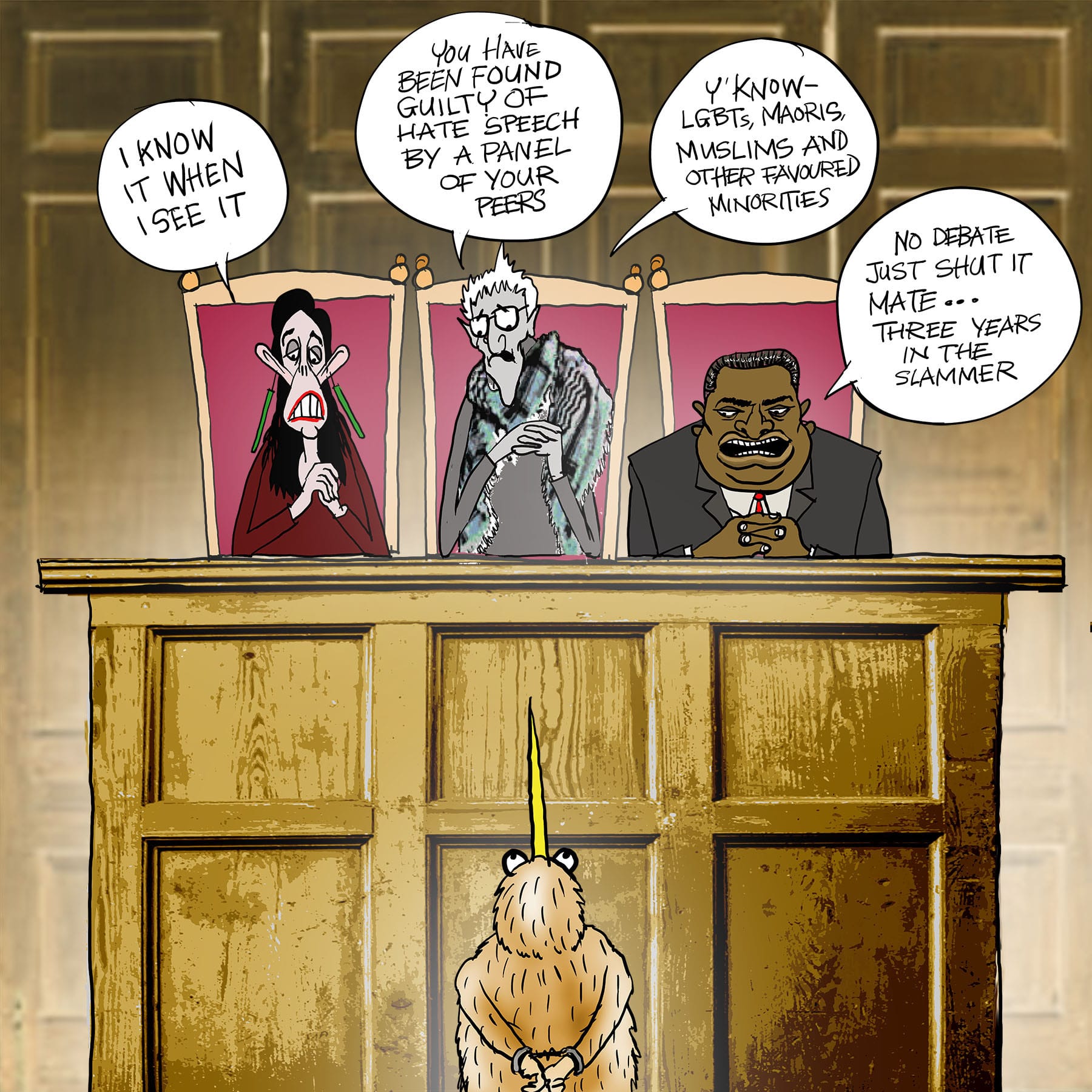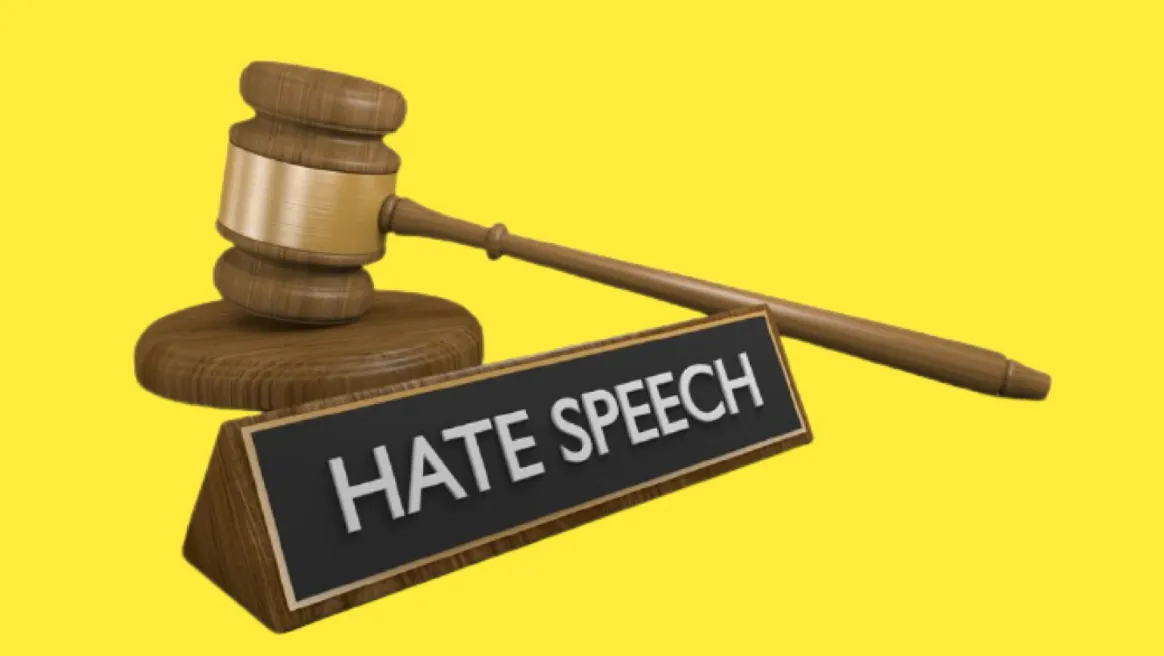Table of Contents
Free Press
ACT Party
It’s been over three and a half years since our nation’s tragedy in Christchurch, and almost as long since the Government first spooked the public with hate speech laws.
Free Speech found an unwitting ally in former Justice Minister Kris Faafoi. Wonderful person, but Kris had an uncanny ability to faaf up everything he touched. He was a sort of reverse Midas, or poo-Midas, as less kind people say. Nevertheless, his failure at explaining and passing hate speech laws was a welcome one.
The Government all but announced hate speech laws would be on ice this March.
Fast forward eight months and there’s a new sheriff in town. Justice Minister Kiri Allan says she will get hate speech laws passed before the election. So many questions.
Does she have time to pass a law before the election without rushed lawmaking? Will these laws be the same as those previously indicated by Faafoi’s Cabinet Papers? Since the new Minister is a lawyer, can hate speech laws ever be compatible with the rule of law?
The timing. Allan has said she’d make an announcement this year, but will she show us the legislation and introduce it to Parliament this year. If she’s going to do that, when can we see it?
If she’s waiting until next year, it will be introduced when Parliament returns, after Waitangi Day. Adding time to debate the law in Parliament, and six months for a Select Committee to consult the public and examine the law, it wouldn’t pass until September or later. Parliament usually rises six weeks before an election. The election will have to be later than October 17, later than 2020, which was delayed due to COVID-19, unless…Unless the Government is planning to shorten the public consultation and rush the law through.
This is the kind of change to fundamental rights that should be properly debated, not rushed (the End of Life Choice Act was at Select Committee for a marathon 16 months).
There are only five and a half weeks of Parliament remaining in 2022. If we don’t see the legislation in the next few weeks, then they are planning either a late election or rushed hate speech laws.
What Faafoi introduced last time. Cabinet previously (in December 2021) agreed that hate speech would be banned with the definition “the incitement of disharmony, based on an intent to stir up, maintain, or normalise hatred, through threatening, abusive, or insulting communications.” That’s the best indication we have on what these hate speech laws would look like. It’s totally unworkable.
Where to start? How much harmony is normal? How much disharmony can be tolerated before someone is prosecuted for hate speech? How do we know if someone had an intent to stir up, maintain, or normalise hatred?
Who decides when a communication is insulting? As Paul Moon has put it, you don’t know whether you are guilty until the point of conviction. That is the fundamental problem with hate speech laws: they are not consistent with the rule of law.
Having the law written down means we can all know what we need to do to stay out of jail. For example, the definition of theft is in Section 219 of the Crimes Act, it is “dishonestly and without claim of right, taking any property with intent to deprive any owner permanently of that property or of any interest in that property.”
There are many defences to theft. You can show that you had a claim of right to take it, that you just didn’t take it, or that you intended to return it. Everyone has an equal chance to defend themselves against theft based on the facts of the case and the law as written down.
How, though, can someone prove that they didn’t intend to stir up hatred through insulting communications? Nobody has a defence against hate speech, unless the prosecutor and perhaps the judge decides they do.
That is not justice, that is a tool of oppression.

As an aside, President Xi rose to power by ‘cleaning up corruption.’ People doing what everyone was doing one day were criminals the next. He didn’t prosecute them, he persecuted them. The rule of law would have stopped Xi’s rise, because guilt would have been decided by the application of written law rather than the prejudices of one man.
We are not in danger of becoming communist China, but that doesn’t mean we should be relaxed about moving in that direction. We should stand up for free speech and the rule of law. ACT pledges to do that by repealing any hate speech laws passed by this Government, if they find the time!









